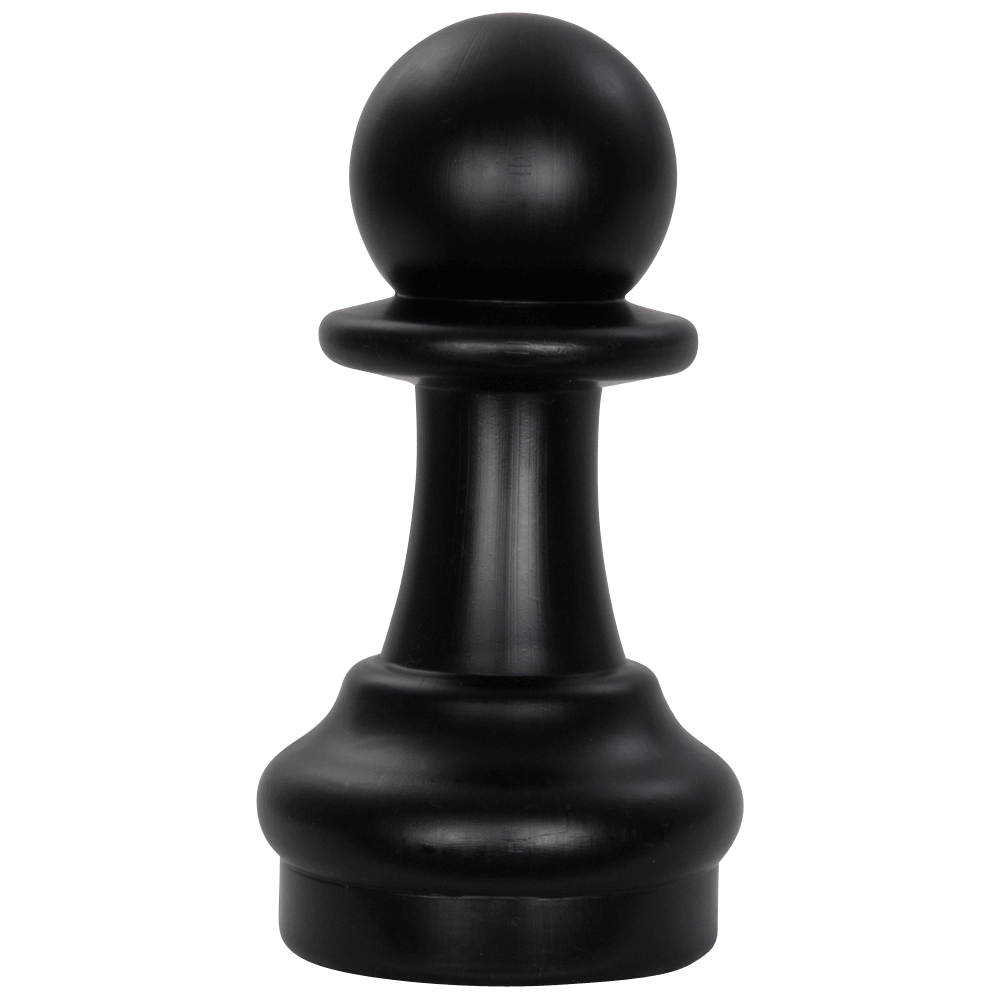Approaches for Chess: Unlocking the Tricks to Mastering the Game
Chess methods include a range of methods crucial for success. Comprehending the fundamentals is vital for any kind of player. Each stage of the game-- from openings to endgames-- calls for an one-of-a-kind technique. Grasping these aspects can cause significant benefits. The journey doesn't end with standard expertise. There are deeper layers to explore, disclosing the complexities that can genuinely boost one's game. What exists past the surface area of these fundamental methods?
Recognizing the Principles of Chess
While several players focus on advanced strategies and techniques, comprehending the basics of chess is crucial for any person looking for to enhance their game. The structure of chess starts with the policies, which determine exactly how each item steps and captures. Experience with the board's design and piece worths is essential, as it aids gamers review placements and make educated decisions.
Furthermore, mastering basic principles such as control of the facility, item advancement, and king safety prepares for effective gameplay. Gamers must discover the value of preserving pawn structure and identifying hazards, as these elements can substantially influence the result of a match.

Creating a Winning Opening Method
A successful opening technique in chess is vital for developing a beneficial position early in the game. Gamers commonly concentrate on vital concepts such as piece growth, control of the center, and king safety and security. Establishing pieces successfully enables for better mobility and tactical opportunities, while inhabiting the main squares improves impact over the board.
Opening methods can vary considerably, from aggressive lines targeted at quick attacks to strong formations that focus on defense and progressive growth. Experience with usual openings, such as the Ruy Lopez or Sicilian Defense, can give players with a repertoire to attract from and adjust to opponents' responses.
In addition, maintaining versatility in one's opening up approach is crucial, as rigid play can lead to foreseeable patterns easily made use of by educated opponents. Eventually, a winning opening approach sets the stage for a successful center game, leading the way for victory.
The Value of Board Control
Board control acts as a basic aspect of chess technique, considerably affecting the end result of the game. Effective board control allows a gamer to determine the rate and circulation of the suit, providing opportunities for tactical advancement while limiting the challenger's choices. By inhabiting essential squares, specifically in the facility, gamers can enhance their item mobility and produce more powerful settings.
Regulating the board additionally promotes far better control amongst items, allowing tactical mixes and defenses. Chess. This advantage typically equates right into boosted pressure on the opponent, bring about prospective errors or miscalculations. Conversely, a lack of board control can leave a gamer at risk, as their pieces end up being limited in movement and efficiency
Therefore, understanding the art of board control is essential, as it lays the foundation for effective maneuvers and long-lasting calculated planning, inevitably establishing the champion in chess.
Strategies and Mixes: Searching For Hidden Opportunities
Uncovering methods and combinations is crucial for acquiring an advantage in chess, as it permits players to manipulate weaknesses in their challenger's setting. Tactical recognition includes recognizing patterns such as forks, pins, and skewers, which can bring about product gain or positional advantage. Gamers should frequently scan the board for surprise chances, evaluating potential hazards and reactions.
Mixes typically entail a series of actions that may originally appear counterproductive yet can culminate in a crucial outcome. Chess. Sacrificing an item to lure an opponent right into a catch can shift the game's momentum.
Reliable calculation is necessary; players need to envision numerous moves ahead to visualize the repercussions of their activities. Normal technique of tactical problems can develop this skill. Ultimately, mastering strategies and combinations equips players to take control of the game, turning relatively common settings into winning possibilities.
Endgame Techniques: Safeguarding Your Triumph
Proficiency of techniques and combinations lays the groundwork for success, however acknowledging how to convert advantages into success during the endgame is equally important. In this phase of the game, gamers have to concentrate on item sychronisation and pawn promotion. Understanding crucial principles such as resistance and managing key squares can significantly enhance one's chances of winning.
Reliable endgame methods include simplifying the placement when ahead, trading pieces to lower the challenger's counterplay, and utilizing the king proactively as a battling piece. Players need to aim to create passed pawns that can progress towards promo, requiring the challenger to draw away resources to prevent them.
Exercising typical endgame scenarios, such as king and pawn versus king, can give vital experience. Ultimately, keeping perseverance and foresight throughout the endgame will often divide the novice from the master, as definitive moments can arise all of a sudden.
Assessing Your Challenger's Relocations
How useful site can a player successfully expect their opponent's method? Assessing a challenger's relocations is important for establishing an affordable edge in chess. Gamers need to observe patterns in their opponent's play design, keeping in mind propensities such as aggressive or defensive maneuvers. By recognizing these patterns, a gamer can predict prospective feedbacks and prepare counter-strategies.
Recognizing the opening options can expose a riches of info relating to a challenger's favored techniques. Gamers must additionally review the timing and context of details actions, examining the underlying motivations behind them.
Employing tactics such as maintaining an adaptable frame of mind and adjusting to changes in the game can boost a gamer's capability to respond efficiently. Furthermore, monitoring their challenger's clock monitoring might offer understandings right into their level of self-confidence navigate to this website and comfort with the position. Overall, thorough monitoring and analysis are important for anticipating and neutralizing a challenger's technique.
Constant Learning and Renovation in Chess

Continual knowing is a basic element of boosting one's chess game, matching the logical skills established through observing challengers. Players can improve their capacities by studying timeless games, checking out opening up theories, and engaging with literary works on innovative techniques. On-line resources and chess engines offer very useful tools for examining previous games, enabling gamers to recognize mistakes and improve their decision-making processes.
Taking part in tournaments and casual matches is necessary for practical experience, enabling players to apply brand-new expertise in real-time circumstances. In addition, signing up with clubs or on the internet forums promotes an area environment where gamers can trade understandings, talk about approaches, and obtain constructive responses.
On a regular basis reviewing one's very own video games and those of higher-rated gamers assists illuminate locations for improvement - Chess. By cultivating a mindset of lifelong learning, chess enthusiasts can continuously adjust, evolve, and eventually reach their possibility in this detailed and fulfilling game
Regularly Asked Concerns
What Are the Finest Chess Books for Beginners?
The most effective chess books for newbies consist of "Chess for Dummies" by James Eade, "The Total Moron's Overview to Chess" by Patrick Wolff, and "Bobby Fischer Teaches Chess." These sources supply essential techniques and vital knowledge for visit the site brand-new gamers.
Exactly how Do I Handle Shedding Streaks in Chess?

What Online Platforms Are Best for Exercising Chess?
Popular online systems for practicing chess include Chess.com, Lichess.org, and Internet Chess Club. Each deals various functions such as puzzles, tutorials, and affordable play, dealing with different ability levels and choices among chess lovers.
How Can I Boost My Chess Visualization Abilities?
To enhance chess visualization abilities, one ought to exercise psychological exercises, fix puzzles, examine video games without a board, and gradually boost the intricacy of positions. On a regular basis playing blindfold chess can also considerably boost visualization abilities.
What Are Typical Emotional Catches in Chess?
Common mental catches in chess consist of insolence, time pressure, and the worry of mistakes. Gamers may also come down with verification prejudice, leading them to ignore much better steps while concentrating on formerly effective strategies.